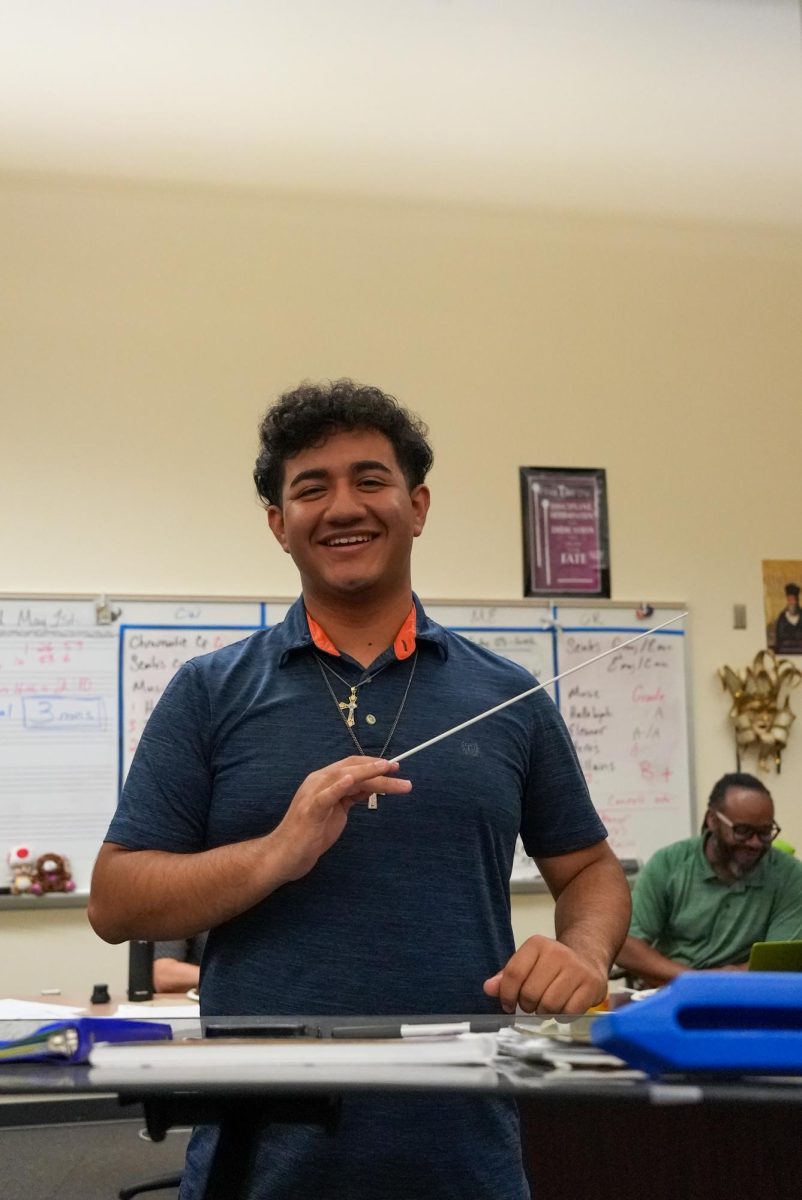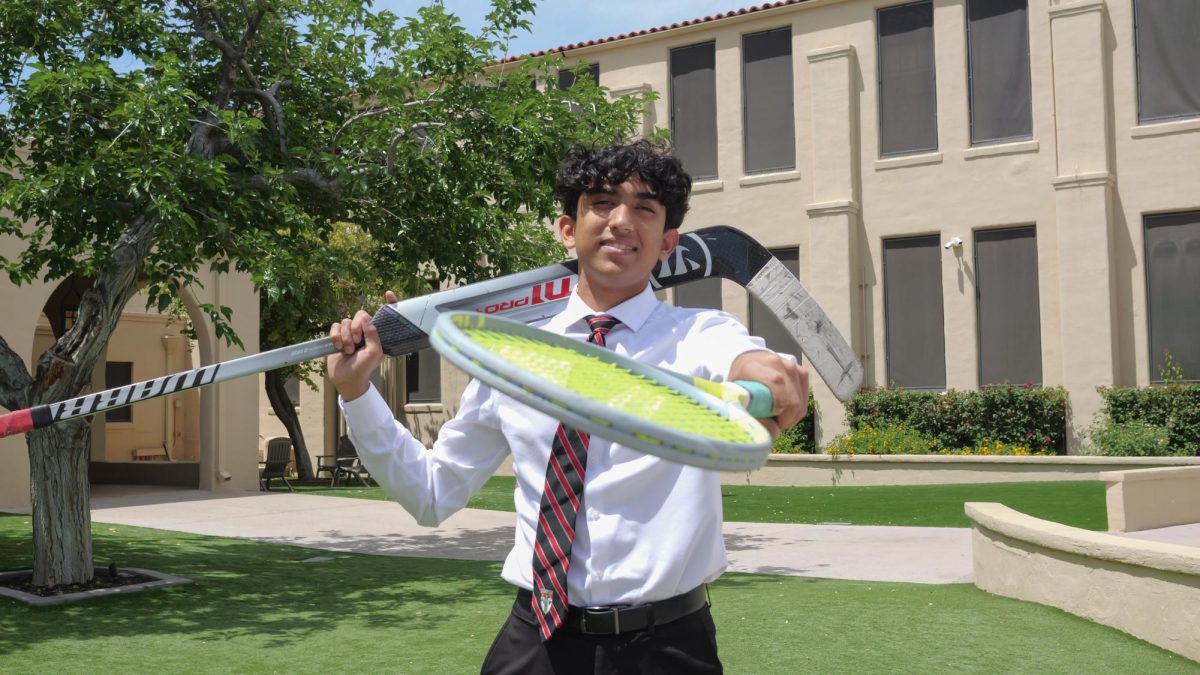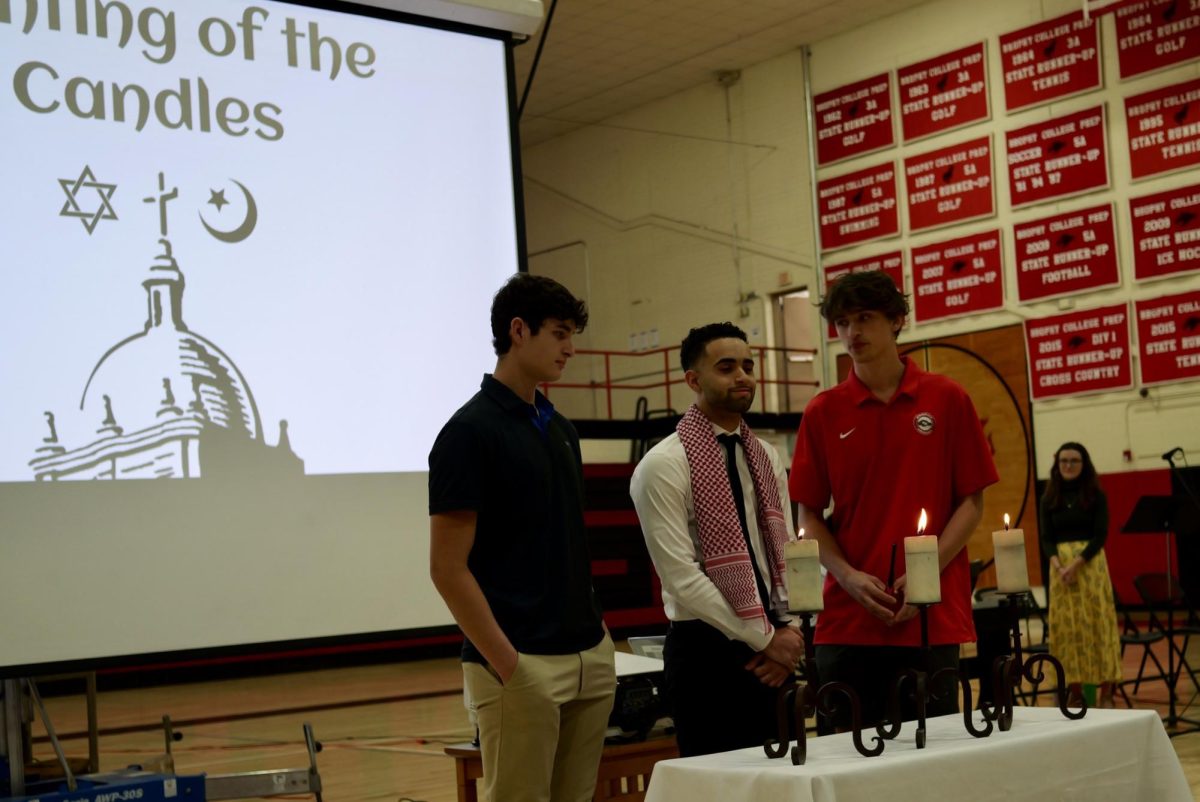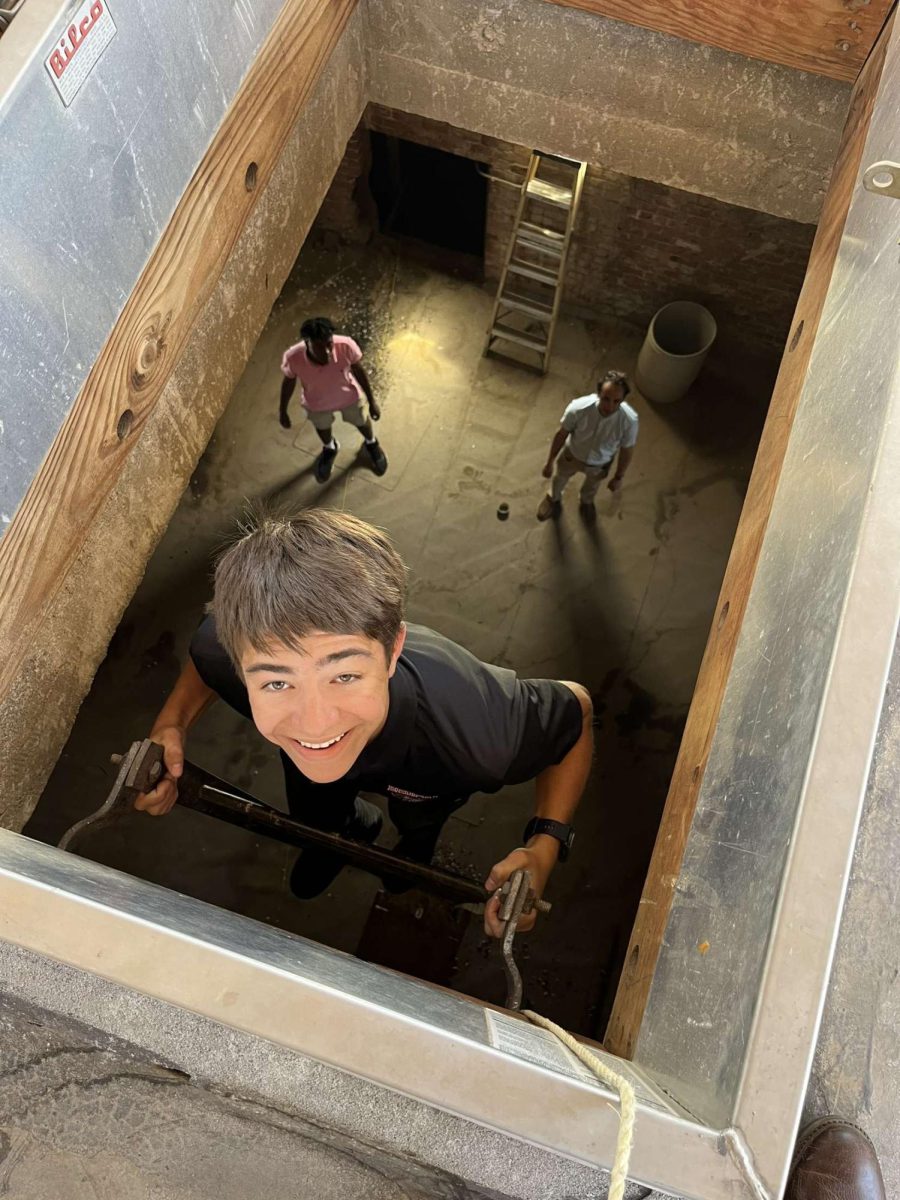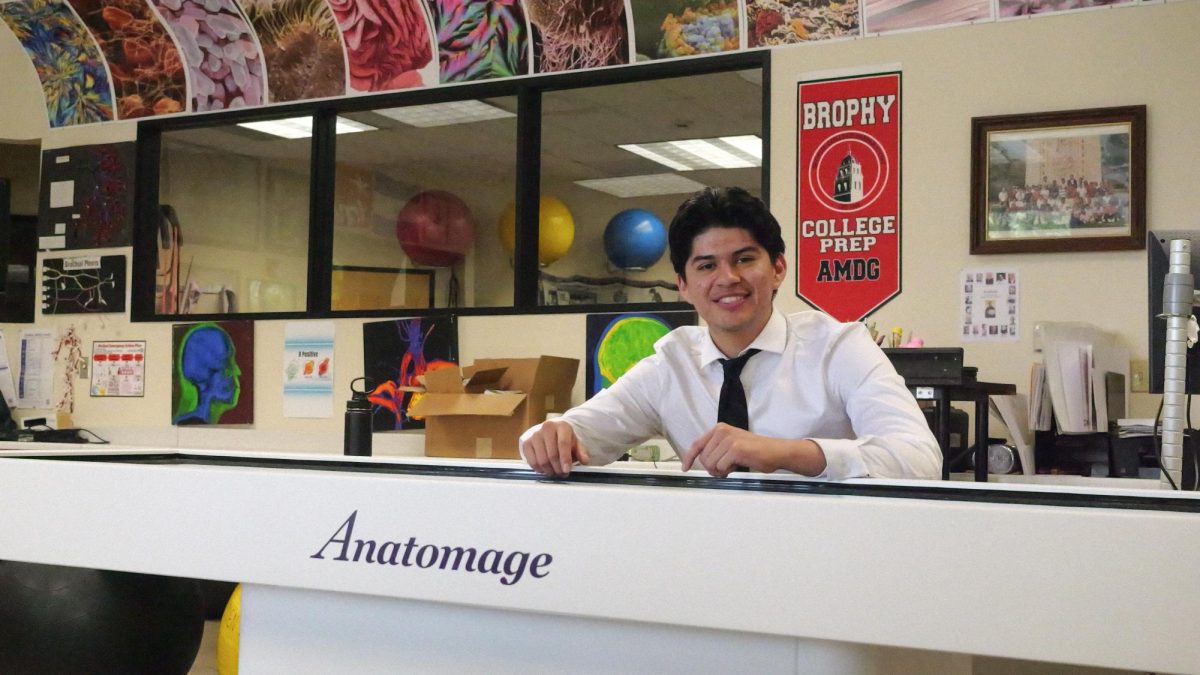By Liam Martin ’10
The Roundup
Two years ago, Mrs. Karen Parise approached Brophy Principal Mr. Bob Ryan about taking on the position of student assistance counselor, a position that hitherto had not existed.
Mrs. Parise, who has a Master’s Degree in Counseling and is a licensed therapist, had worked as a college and academic counselor at Brophy since 1999.
Mr. Ryan took her suggestion and last school year Mrs. Parise became the student assistance counselor.
The addition of Mrs. Parise to the Student Assistance Program (abbreviated SAP)—a system designed for students struggling with problems that traditional avenues of coping are not equipped to handle—marked a significant change in the program.
“As a program it has been around for seven or eight years, but it wasn’t until the last two years (that) we had someone like Mrs. Parise who’s been able to do a lot of stuff in house,” said Brophy Dean of Students Mr. Jim Bopp, who is a member of the team that runs the SAP.
Prior to the creation of the position of student assistance counselor, the cases that passed through the SAP were typically referred off-campus, inhibiting Brophy’s ability to monitor the progress of the students in the program.
“The SAP over the last several years has really flourished … I think it’s a really positive, life-giving thing, when the school community can find a way to rally together and help a guy move ahead with his life, instead of trying to hide it, or disguise it, or put it on the back burner or pretend that it doesn’t exist,” Mr. Bopp said.
The students whom the SAP helps are dealing with issues ranging from broken families, to difficulty with romance, to drug and alcohol abuse.
“It deals mainly with those students who, for whatever reason, are in some sort of emotional struggles that are keeping them from being a complete person or having the fullest possible experience they can have here at Brophy,” Mr. Bopp said.
The first step of the program is referral.
A teacher, parent or friend may alert the administration or the SAP that they are concerned by a behavior a student has been displaying.
Next the SAP sends forms to each of the student’s teachers and coaches to ascertain if there is a recurring pattern of abnormal behavior.
If multiple teachers have noticed the same thing, the student is called in and interviewed by Mrs. Parise to determine what is troubling the student, if anything.
Then the SAP team, Mr. Bopp, Mr. Jose Mendoza, Mrs. Robin Miller and Mrs. Parise, will discuss the student’s problem and develop a course of action to deal with it.
“It’s just a way to find out if there’s an issue or not,” Mrs. Parise said. “Then the team talks about it, but once they cross my threshold, then it’s confidential unless they’re a danger to themselves or others or unless they’re being abused in some way.”
The SAP also functions as part of the administration’s drug and alcohol policy.
“We don’t. We just don’t,” Mr. Ryan told The Roundup when asked whether the school has a zero tolerance policy for drugs and alcohol.
“There are plenty of kids who have been referred to the SAP who have been drinking. We find out about kids who are using drugs, and they don’t all get kicked out … because we realize that we don’t live in a cave—that’s unfortunately a reality for some kids. Our goal is to help kids through that,” Mr. Ryan said.
In the case of students referred to the SAP for substance abuse, Mrs. Parise will work in conjunction with an outside professional adolescent psychologist.
“They submit to the type of monitoring and testing that’s involved, they complete the course of care that’s laid out for them, and if they can keep up with all that stuff and we see a clear, positive trajectory, then that’s what the SAP is for.” Mr. Bopp said.
However, if they don’t follow the program, disciplinary measures may be taken.
“Their continued enrollment in Brophy is conditioned on that,” Mr. Bopp said. “So if they don’t do it, and they don’t have a good reason for not doing it, then they can be asked to leave Brophy.”
The school, says Mr. Bopp, wants to help students struggling with substance abuse, but there are limits—these include distribution of illicit substances and persistent bullying or harassment.
“Our top priority is to make sure that this is a safe, inviting place, and that everyone that’s here understands that we all look out for one another and care for one another. That’s the whole motto of Brophy, and that’s the whole meaning of brotherhood. If somebody can’t do that, or chooses not to do that, they’re making their own decision about whether or not they want to stay at Brophy,” Mr. Bopp said.
“There does come a point when we say ‘you’ve crossed a line that we can’t bring you back over, for the sake of the school.’ We want and need for this to be a safe and drug free environment, and when that’s violated, that’s a significant line that’s crossed,” Mr. Ryan said.
Mrs. Parise said she is concerned that, partly because of issues with drug and alcohol abuse, students may feel that the SAP is a place for kids in trouble.
She said that is not the focus.
“It really is for anyone that needs a safe and sacred place to talk,” she said, adding that “no problem is too big or too small.”
“My door is always open,” she said. “My whole reason for being here is to help students.”


